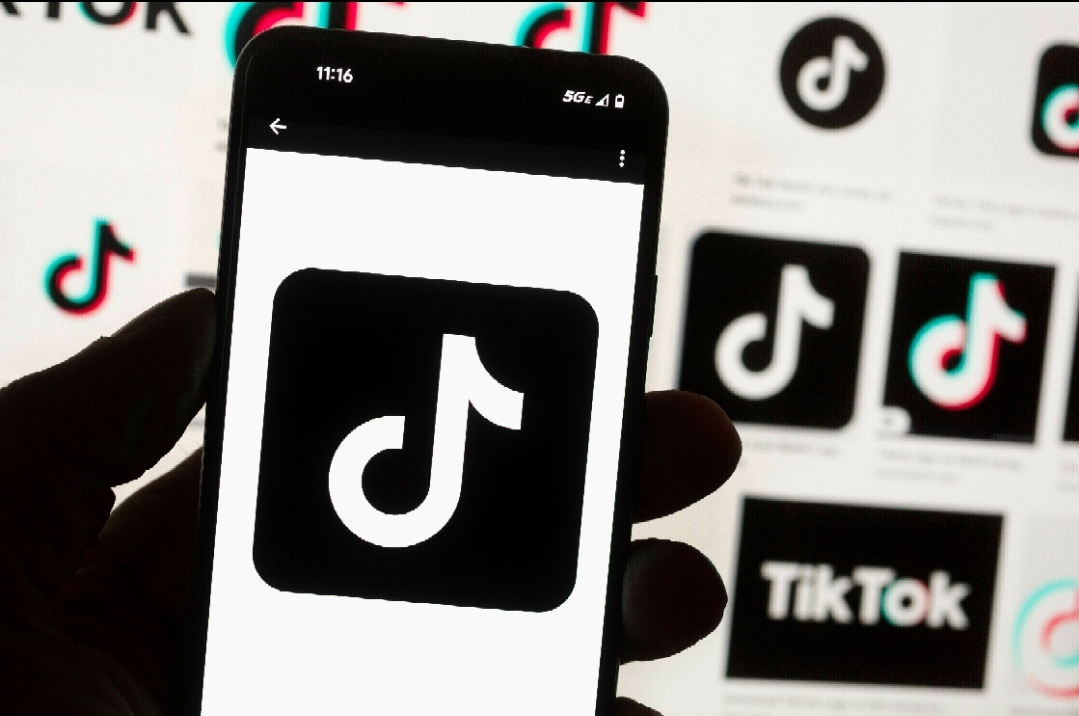
Factum Perspective: Internet Censorship in Pakistan and Sri Lanka
By Britney Martil
South Asia continues to grapple with the complex challenge of internet censorship. As governments deploy measures to control online content and restrict connectivity, concerns surrounding digital freedom have grown.
This comparative analysis sheds light on the nuanced landscape of internet censorship in Sri Lanka and Pakistan, examining key incidents, government actions, and the far-reaching consequences on the digital realms of both nations.
Political Context and Suppression of Protests
In recent times, the global landscape has witnessed a concerning trend of declining internet freedom, notably exemplified in the cases of Sri Lanka and Pakistan, where the suppression of protests has been closely intertwined with the imposition of internet censorship.
Sri Lanka experienced a marked in internet freedom during the protests that erupted in March 2022, triggered by the government’s mishandling of an economic crisis. Then-president Gotabaya Rajapaksa’s government restricted the Aragalaya movement, which advocated for political reforms, by imposing a 16-hour blocks on various social media platforms.
This suppression also involved the arrest of online activists and journalists, accompanied by the introduction of new criminal penalties aimed at controlling the dissemination of what the government deemed to be false information.
Similarly, Pakistan has a history of grappling with internet censorship, dating back to 2012, when the government-initiated efforts to establish a national-level URL filtering system. Over the subsequent years, the country experienced intermittent bans on major social media platforms, often driven by concerns related to blasphemous content and political protests.
Notably, YouTube became a focal point of restrictions. The government’s assertive control over internet infrastructure and its engagement in legal battles over website censorship underscore the intricate intersection of politics and the digital realm.
These instances underscore a broader global challenge where governments, in response to political unrest and protests, are increasingly resorting to the curtailment of internet freedom as a means of stifling dissent. The suppression of online platforms, the arrests of activists and journalists, and the introduction of stringent legal measures all highlight the growing trend of using internet censorship as a tool for political control.
As the digital space continues to play a pivotal role in shaping political narratives and mobilizing public opinion, the delicate balance between governmental authority and the preservation of fundamental freedoms remains a critical issue on the global stage.
The Regulatory Landscape and Legal Framework for Internet Censorship in Sri Lanka
Sri Lanka, a signatory to the International Covenant on Civil and Political Rights (ICCPR), guarantees freedom of expression as a fundamental right. Despite constitutional provisions and international obligations, challenges arise in balancing this freedom with concerns related to national security, public order, and the prevention of discrimination, especially in times of internet censorship.
Under Article 19 of the ICCPR, freedom of expression encompasses the right to seek, receive, and impart information and ideas through any means. Nevertheless, laws can impose restrictions on this right if they are provided by law and deemed necessary to protect rights or reputations, national security, public order, public health, or morals.
These standards equally apply to online expressions. The constitutional provisions outlined in Article 14(1) of the Sri Lankan Constitution significantly impact the landscape of internet censorship in the country.
While the constitution guarantees freedom of speech and expression, it also allows for restrictions in several areas, including national security, public order, and the rights and freedoms of others. This creates a framework within which the government can justify and enforce measures to regulate online content.
The Police Ordinance grants the police powers to control situations threatening public peace and order. Section 98 of the Ordinance criminalizes spreading false reports to create panic. This provision, potentially applicable to false reports on social media, addresses threats to public order. Limited information is available on its use for arrests or charges.
The Public Security Ordinance empowers the president to enact Emergency Regulations (ERs) in the interests of public security. ERs, once operational, supersede other laws (except the Constitution) and are immune from judicial scrutiny. Recent ERs include prohibitions on spreading false information, demonstrating the government’s intent to combat disinformation during emergencies.
Examining Internet Censorship Laws in Pakistan: Impact on Citizens’ Rights and Digital Freedom
The Prevention of Electronic Crimes Act (PECA) is a pivotal piece of legislation governing online activities in Pakistan. Section 38 of PECA outlines limited civil or criminal liability for service providers regarding user-generated content. However, the controversial Removal and Blocking of Unlawful Online Content Rules 2021 introduces financial liability for non-compliance with takedown requests.
Moreover, the Pakistan Telecommunication Authority (PTA) plays a significant role in content regulation. During the coverage period, PTA sent notices to social media companies, held meetings, and initiated registration processes under the new rules. Major platforms like Facebook, Twitter, Google, and TikTok faced content removal requests, primarily related to blasphemy, obscenity, and national security.
The legal landscape empowers the government to influence digital platforms, as seen in the removal of thousands of content pieces across various platforms. TikTok, a popular platform in Pakistan, received numerous requests resulting in the removal of videos, raising concerns about freedom of expression.
The vague language used in laws, such as terms like ‘immoral’ and ‘objectionable,’ leaves room for interpretation, leading to potential misuse. Critics argue that without clear definitions, the government can wield these laws arbitrarily, impacting individual freedoms.
These censorship measures, while aimed at preserving public morality and national interests, pose challenges to citizens’ rights and digital freedom. The lack of transparency and oversight provisions raises concerns about the potential abuse of power. Examining internet censorship laws in Pakistan reveals a complex landscape where legal provisions grant authorities substantial control over online content.
Striking a balance between preserving societal values and protecting citizens’ rights is essential. Continuous scrutiny, dialogue, and adherence to international standards are crucial for refining these laws and safeguarding digital freedom in Pakistan.
Transparency in Content Restrictions Safeguarding Citizen Rights
In Sri Lanka, the opacity surrounding content restrictions raises significant concerns regarding due process and accountability. Blocking orders, issued on vaguely defined grounds, leave citizens in the dark about the criteria for content suppression. This lack of clarity not only hampers citizens’ understanding of the limitations imposed on their digital expression but also raises questions about the fairness of the process.
Civil society groups, recognizing the crucial importance of transparency, have resorted to right to information (RTI) requests to unveil records. The struggle for transparency in Sri Lanka is, therefore, not just an advocacy effort but a fundamental endeavor to protect individual rights.
Similarly, in Pakistan, the absence of transparency in content restrictions poses a challenge to citizen rights. The reliance on blocking orders issued by government entities, often citing reasons like “publishing false information,” further underscores the need for a clear and accountable process.
Without transparency, individuals are left uninformed about the basis on which their online content may be restricted, potentially compromising their freedom of expression.
Emphasizing the importance of transparency in content restrictions becomes crucial, not only as a safeguard for individual rights but also as a cornerstone of a democratic society that values open discourse and an informed citizenry. Thus, Transparency in content restrictions is not just a procedural formality; it is a cornerstone of protecting citizens’ rights in the digital age.
The comprehensive digital control exercised by the governments of Sri Lanka and Pakistan underscores their authority to navigate and influence the digital landscape at a nationwide level. As these nations grapple with the delicate balance between maintaining order and preserving democratic principles, the implications of centralized authority on digital freedom remain a focal point of discussion and advocacy.
A centralized approach to digital control, especially in the midst of critical political developments, poses challenges to the principles of open discourse, freedom of expression, and the right to access information.
The lack of decentralized decision-making processes may result in arbitrary restrictions and the suppression of diverse voices within the digital sphere. Balancing the need for security with the preservation of individual rights in the digital age remains a crucial challenge that requires ongoing scrutiny and dialogue within these evolving societies.
Britney Martil is a law student at the Kotelawala Defence University.
Factum is an Asia Pacific-focused think tank on International Relations, Tech Cooperation, and Strategic Communications accessible via www.factum.lk.
The views expressed here are the author’s own and do not necessarily reflect the organization’s.

